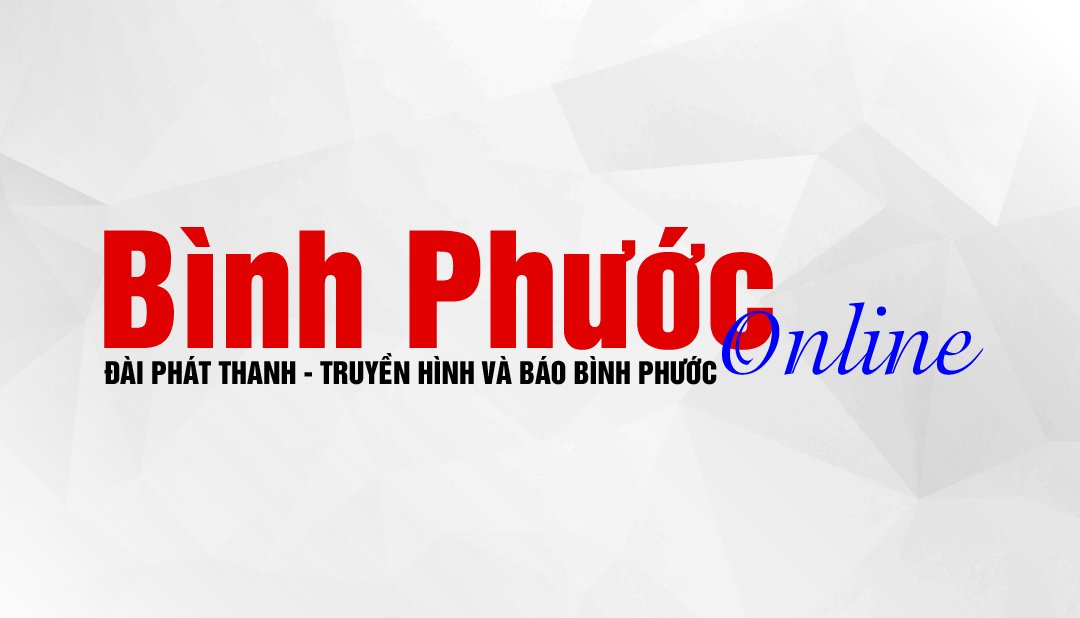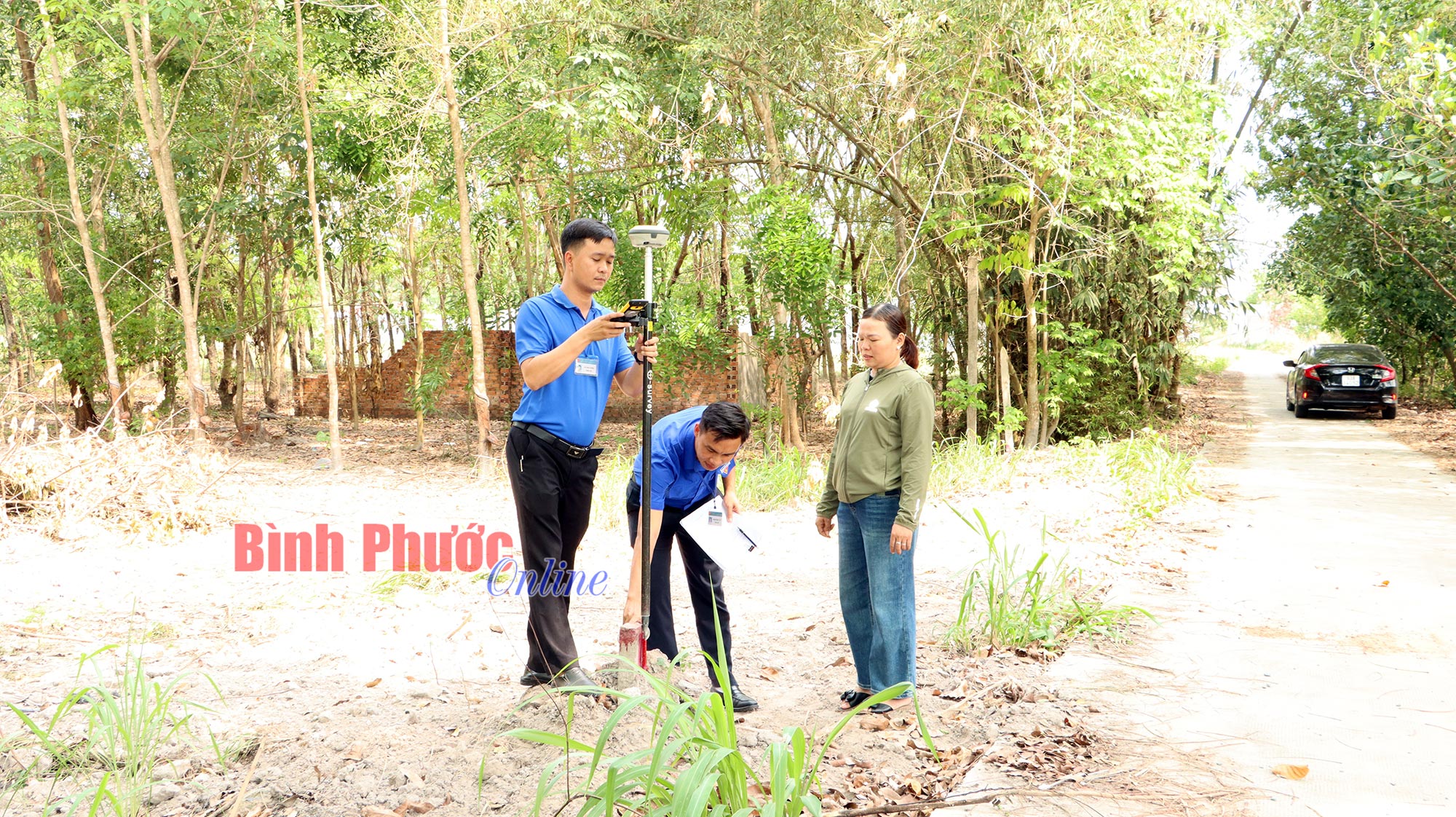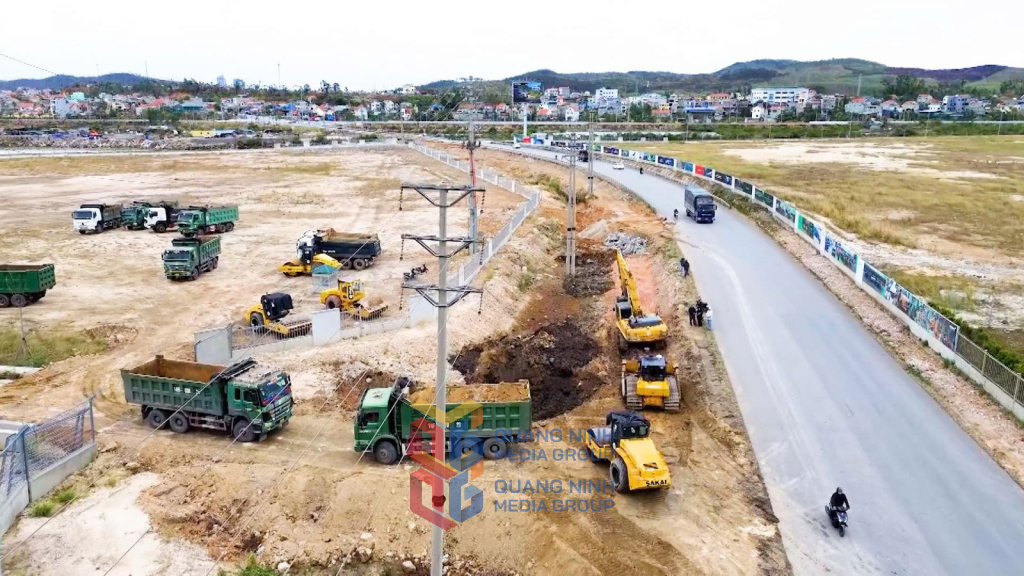It is important that we practice mastering technology, mastering Artificial Intelligence (AI) to the best of our ability to achieve development goals, not to depend on it. That is the way that requires investment and effort.
 |
| Professor Dr. Huynh Van Son believes that young people should have skills in complying with copyright laws and academic integrity when using AI. (Photo: NVCC) |
That is the opinion of Prof. Dr. Huynh Van Son, Principal of Ho Chi Minh City University of Education, with The World & Vietnam Newspaper about the impact of Artificial Intelligence (AI) in teaching and learning.
Prof. Dr. Huynh Van Son emphasized that the influence of AI is very fast and profound, especially among students. They are attracted by the conveniences that AI brings, specifically, if they ask questions quickly, AI will answer quickly. Thus, it is clear that we cannot prohibit students from staying away from it, but must encourage them to use it properly and safely, avoiding over-reliance on AI.
AI is increasingly having a strong impact in every industry and field, including education. From your perspective, what are the biggest challenges when Vietnam wants to apply AI in education? To overcome these challenges, what solutions do we need?
The application of AI in education brings benefits but also creates many challenges. The education sector also recognizes the risks related to copyright infringement, personal information leakage and plagiarism when using AI, especially generative AI with the ability to generate text, images or other media based on suggestions.
In the context of AI developing day by day, hour by hour, building legal documents and updating documents to meet the development of AI is a big question. Like other countries, they are still looking for a satisfactory solution to this problem, Vietnam is no exception.
In July 2023, the U.S. Department of Education and the Office of Educational Technology also released guidance on Artificial Intelligence and the Future of Teaching and Learning, which provides both practical and policy-based recommendations. Accordingly, educational institutions should not view AI as a replacement for teachers and lecturers, but rather exploit it as a supplement and tool available to them. The application of AI in education must be implemented on the basis of a clear understanding of the characteristics of the technology as well as the opportunities, limitations, and ethical issues involved.
In July 2023, Japan announced new guidelines on the use of AI in schools and universities, aiming to promote a safe and effective environment for the use of AI in education. The guidelines, issued by the Ministry of Education, will continue to be updated flexibly based on experience and practice. Accordingly, learners must fully understand the characteristics of AI before using it; and it is considered inappropriate to pass off reports, essays, or other documents generated by AI as one's own.
In April 2023, the Russell Group - an association of 24 public research universities in the UK - also published a set of principles to help universities "take advantage of the opportunities that technological breakthroughs bring to teaching and learning". The first principle is to increase students' and lecturers' understanding of AI. According to the Russell Group, it is important that all students and lecturers understand the opportunities, limitations and ethical issues related to the use of AI tools.
These issues include privacy, data, and intellectual property considerations; potential bias as AI replicates human biases and stereotypes; inaccuracies and misinterpretations, as AI may rely on inaccurate, irrelevant, and outdated information; lack of ethical standards in AI tools; plagiarism as AI replicates information developed by others; exploitation in the processes of building AI tools.
The second principle is to equip faculty with the skills to support students in using generative AI tools effectively and appropriately in their learning. The principles note that the use of AI tools may vary across academic disciplines, so universities should encourage departments to adopt university-wide policies in their own contexts.
Third principle, ethical and equitable use of AI. Universities will adapt teaching and assessment to include the ethical use of AI and support equitable access to AI. In the future, new AI technologies and tools may be behind restrictions and paywalls. Universities must ensure that students and faculty have equitable access to the AI tools and resources they need for teaching and learning.
Fourth, universities should maintain due diligence and academic integrity. In this regard, the guidance helps students and faculty understand situations where AI is not appropriate and supports them in using AI tools appropriately. The guidance notes that academic integrity and the ethical use of AI can also be promoted by creating an environment where students feel comfortable asking questions about the use of AI and its challenges. Fifth, universities collaborate and share good practices as AI technologies and their applications in education develop.
In addition, challenges and legal documents on computer network/Internet infrastructure and human resources are also difficulties that Vietnam is facing. To overcome these problems, there needs to be orientation, strategy and plan to strengthen infrastructure, develop high-quality human resources to be able to exploit the maximum benefits that AI brings. The digital transformation process has been proposed by the State and has been initiated, so it needs to be implemented more strongly and more drastically.
What issues does the use of AI in education raise and how can we ensure that AI is used fairly and responsibly?
Using AI in education brings many advantages, supporting the teaching and learning process and school management if properly exploited. The downside of AI abuse can be mentioned as creating a feeling of laziness, dependence, and gradually losing the ability to think creatively and solve problems. From there, it leads to risks in terms of knowledge for the future generations of the country.
To ensure that AI is used fairly and responsibly, it is necessary to research and issue early guidelines for the safe and effective use of these tools. Along with that, it is necessary to increase propaganda to raise awareness among the entire population and the entire education sector in maintaining caution when using AI and academic integrity.
 |
| Students should be encouraged to use AI properly, safely, civilly and effectively, and avoid over-reliance on AI. (Source: Internet) |
What advice do you have for policy makers and educators to promote the application of AI in education in Vietnam?
To promote the application of AI in education in Vietnam, there must be clear orientations, goals, and strategies from policy makers and educators, and a roadmap suitable to the specific characteristics of each country.
Unlike countries that apply AI a lot in online activities, personalizing learners on the e-Learning system, in our country, the traditional form of learning at school, going to class, and direct interaction between teachers and students still accounts for a very high proportion. The amount of online learning time is gradually increasing but is only applicable at university level and above with a duration of 30% - 50%. Currently, high school students still mainly study directly, so it is necessary to exploit and apply AI to direct teaching and learning activities in the classroom, and enhance tools to support teaching and learning activities.
Then, training should be enhanced to equip teachers/students with the skills to use AI to organize other activities such as supporting lesson preparation, compiling learning materials, implementing projects, and researching knowledge. In addition, school management activities need training to enhance the skills of the Board of Directors in exploiting AI in educational management, professional development, monitoring teaching quality, managing human resources, finance, and facilities.
There is a question that is being raised, currently there are many students who are too dependent on AI?
The influence of AI is very fast and profound, especially among students. They are attracted by the convenience that AI brings, specifically, when they ask questions quickly, AI answers quickly. So, clearly, we cannot prohibit students from staying away from it, but must encourage them to use it properly and safely, avoiding over-reliance on AI.
Compared to the time before AI, whenever students encountered a difficult essay or a difficult math problem, they would look for books to read, ask for help from teachers, parents, and friends. Now, students only need AI to do it. However, they may be limited in evaluating the content provided by AI as correct/incorrect, accurate/inaccurate because they do not have enough qualifications and experience. Therefore, a requirement is to guide students in the necessary skills to use AI effectively.
First, the skill of matching between multiple AI tools. Use popular, reliable AI tools and use at least 3 tools at a time to compare the results of those 3 tools. For example, ChatGPT, Gemini and Copilot match and select duplicate ideas will be safe and effective.
Before any problem, practice asking yourself first and then ask AI. This means that you should practice a habit of brainstorming, thinking to find the answer to a problem by yourself first. Then, if you can solve the problem, use AI to verify it again, comparing and contrasting also helps increase carefulness and form critical thinking. If you cannot solve it, use AI support to search for knowledge and remember the principle of using at least 3 AI tools for comparison. Finally, if you are still not really confident with the answer, seek more help from teachers.
In addition, young people should have skills in copyright compliance and academic integrity. When working with AI, ask AI to provide copyright/source information. Then, you should check and verify that source for information accuracy and copyright.
At the same time, you should follow the instructions of your school about the extent to which AI can be used. For example, studying lessons, preparing lessons, solving exercises, writing theses. From there, follow the regulations to avoid affecting your reputation and honor. Avoid overusing AI, which will lead to many other undesirable consequences.
What needs to be emphasized is that we should practice mastering technology, mastering AI to the best of our ability to achieve development goals, not to depend on it. That is the way that requires investment and effort.
Source: https://baoquocte.vn/gs-ts-huynh-van-son-cac-ban-tre-nen-tuan-thu-luat-ban-quyen-liem-chinh-hoc-thuat-khi-su-dung-tri-tue-nhan-tao-ai-281757.html


















Comment (0)